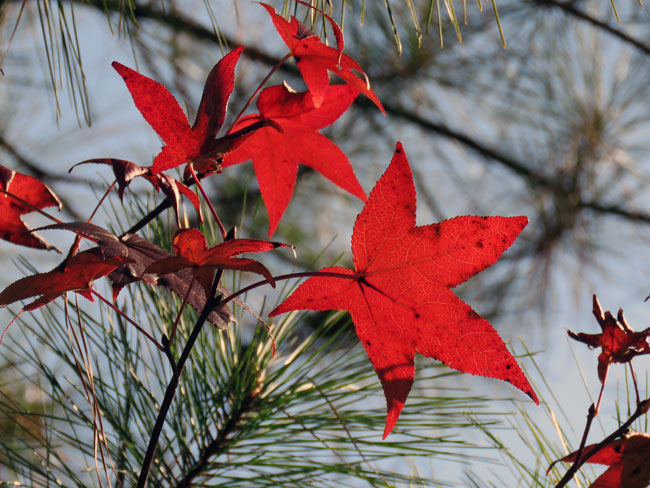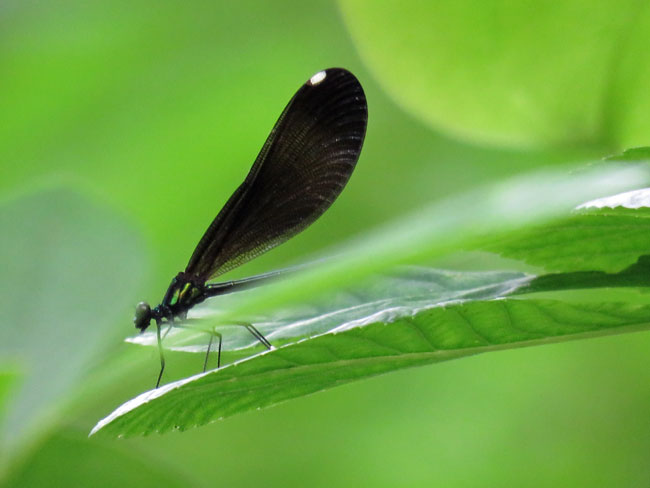
northern mockingbird
November ends. I come across a poem by my favorite poet — she describes the sense of loss and disconnect I had been feeling all month.

She could not live upon the Past
The Present did not know her
And so she sought this sweet at last
And nature gently owned her
The mother that has not a Knell
For either Duke or Robin
~ Emily Dickinson
(The Poems of Emily Dickinson, #1535)

I’m grateful for and encouraged by nature, poetry and my books, and family and friends, as I imagine most of us are. This squirrel came up to me on our last visit to the botanical garden, as if to say, “I’m here, too.”

The poorest experience is rich enough for all the purposes of expressing thought. Why covet a knowledge of new facts? Day and night, house and garden, a few books, a few actions, serve us as well as would all trades and all spectacles. We are far from having exhausted the significance of the symbols we use. We can come to use them yet with a terrible simplicity. It does not need that a poem should be long. Every word was once a poem.
~ Ralph Waldo Emerson
(The Poet)






simple healing in
watching a mourning dove feed
on the forest floor
~ Barbara Rodgers
(In the Woods)










































